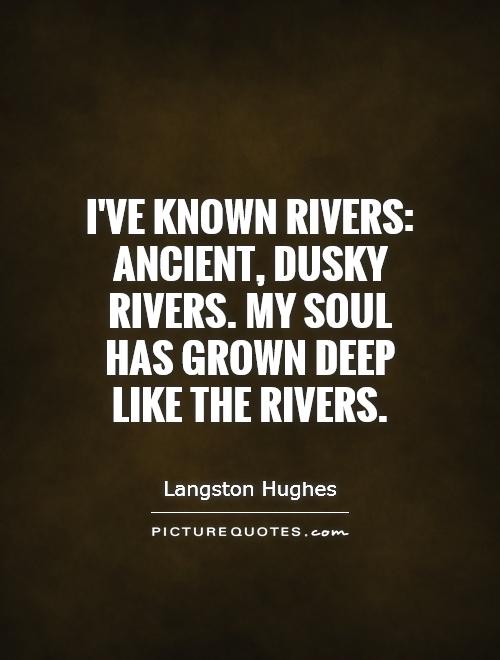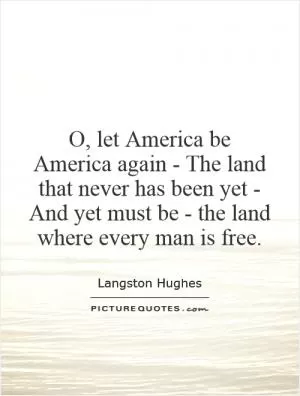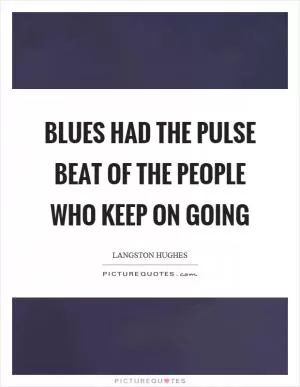I've known rivers: Ancient, dusky rivers. My soul has grown deep like the rivers

I've known rivers: Ancient, dusky rivers. My soul has grown deep like the rivers
Langston Hughes, one of the most prominent figures of the Harlem Renaissance, was a poet who used his words to capture the essence of the African American experience. In his poem "The Negro Speaks of Rivers," Hughes beautifully expresses the deep connection between his soul and the ancient, dusky rivers that have been a part of his life.The opening lines of the poem, "I've known rivers: Ancient, dusky rivers," immediately draw the reader into a world of history and heritage. Hughes is not just talking about physical rivers, but also the metaphorical rivers of time and culture that have shaped his identity. The word "ancient" suggests a sense of timelessness and continuity, while "dusky" evokes a sense of mystery and depth.
As Hughes continues, "My soul has grown deep like the rivers," he is making a powerful statement about the resilience and strength of the African American spirit. Just as the rivers have weathered countless storms and obstacles over the centuries, so too has Hughes' soul been shaped and molded by the struggles and triumphs of his people. The comparison between his soul and the rivers is a poignant reminder of the interconnectedness of all living things, and the ways in which our experiences shape who we are.
Throughout the poem, Hughes uses vivid imagery and evocative language to paint a picture of the rivers as living, breathing entities. He describes the Euphrates as "older than the flow of human blood in human veins," highlighting the ancient and enduring nature of these bodies of water. By aligning himself with these rivers, Hughes is asserting his place in a long line of ancestors who have faced adversity and overcome it.












 Friendship Quotes
Friendship Quotes Love Quotes
Love Quotes Life Quotes
Life Quotes Funny Quotes
Funny Quotes Motivational Quotes
Motivational Quotes Inspirational Quotes
Inspirational Quotes